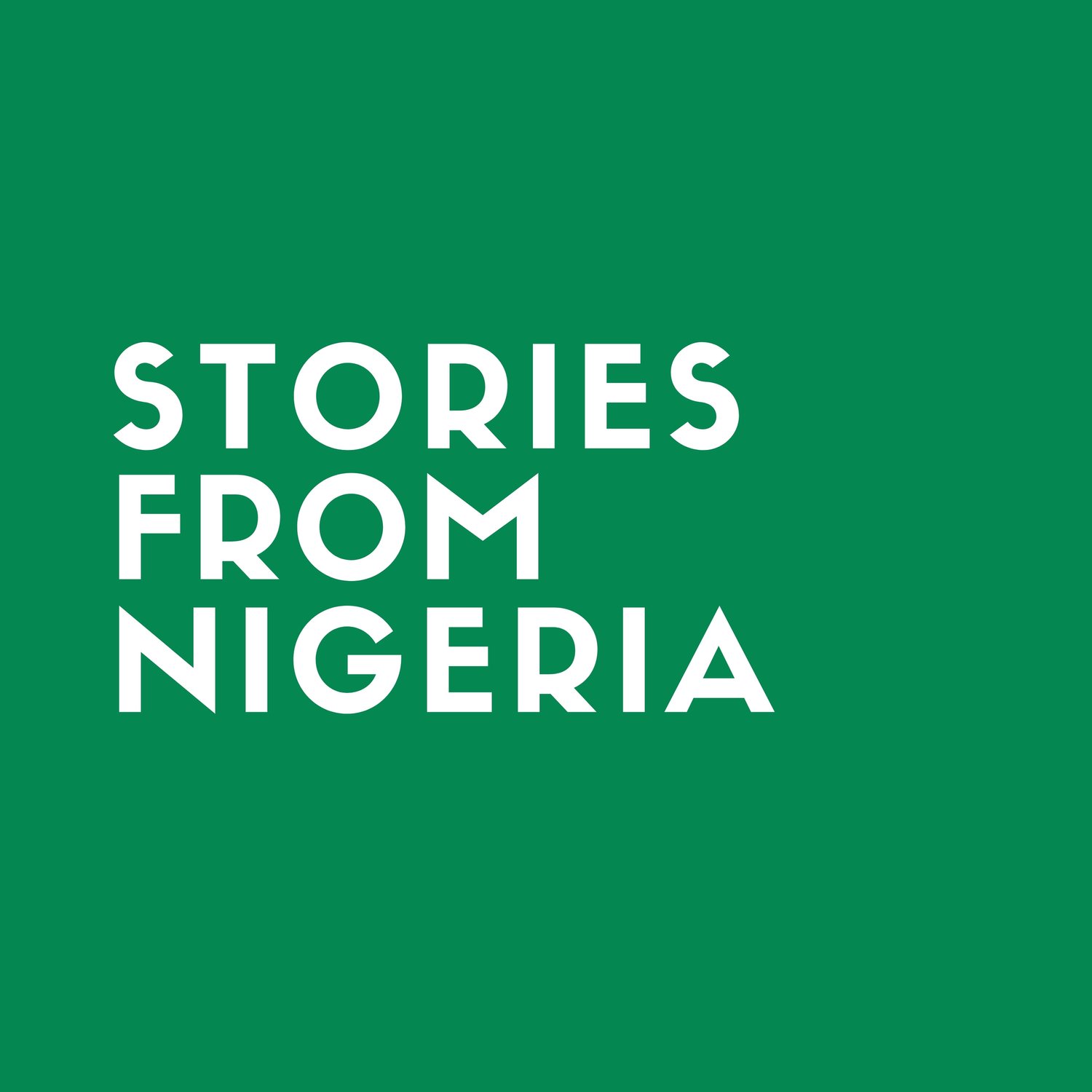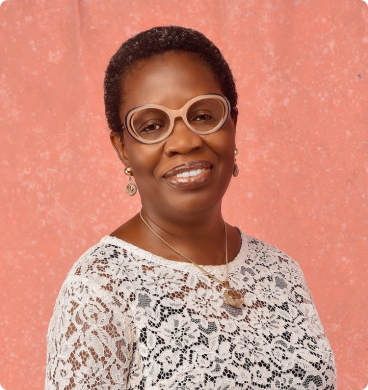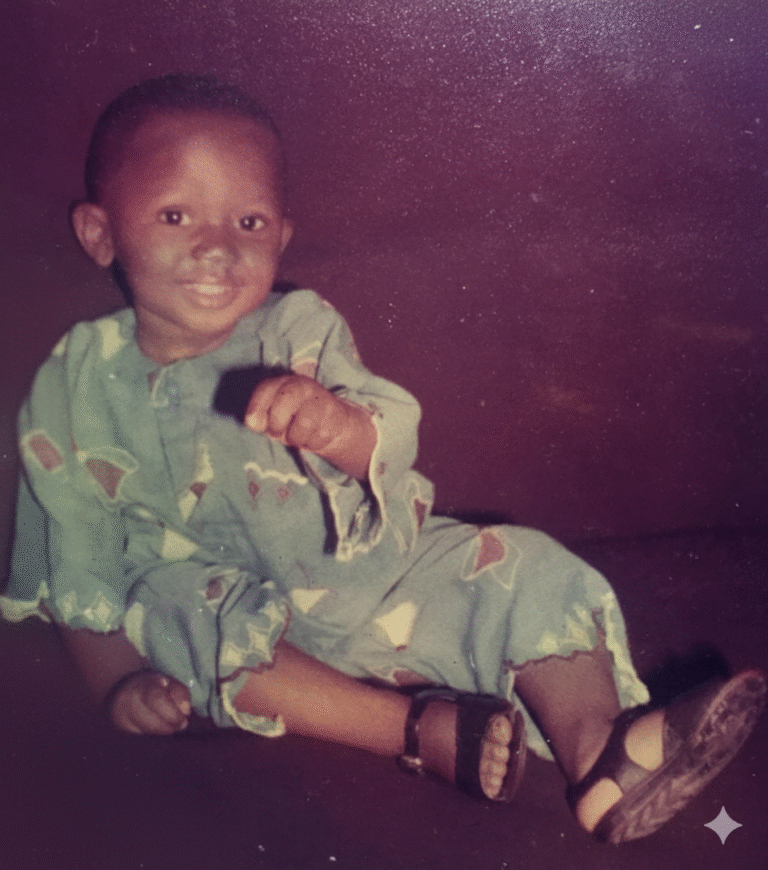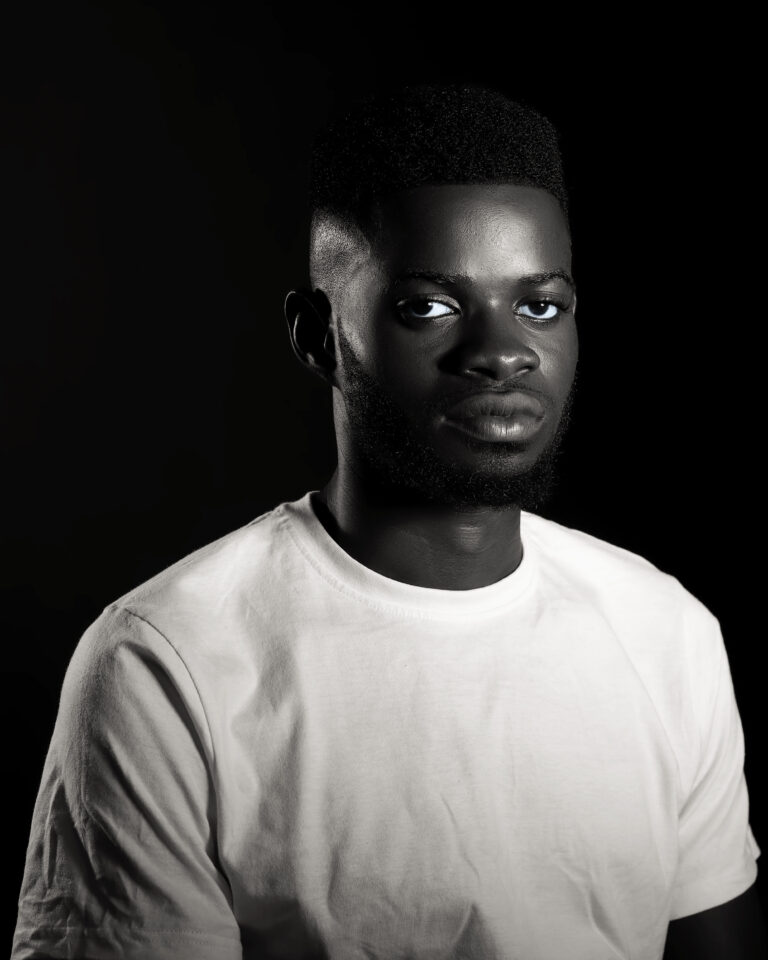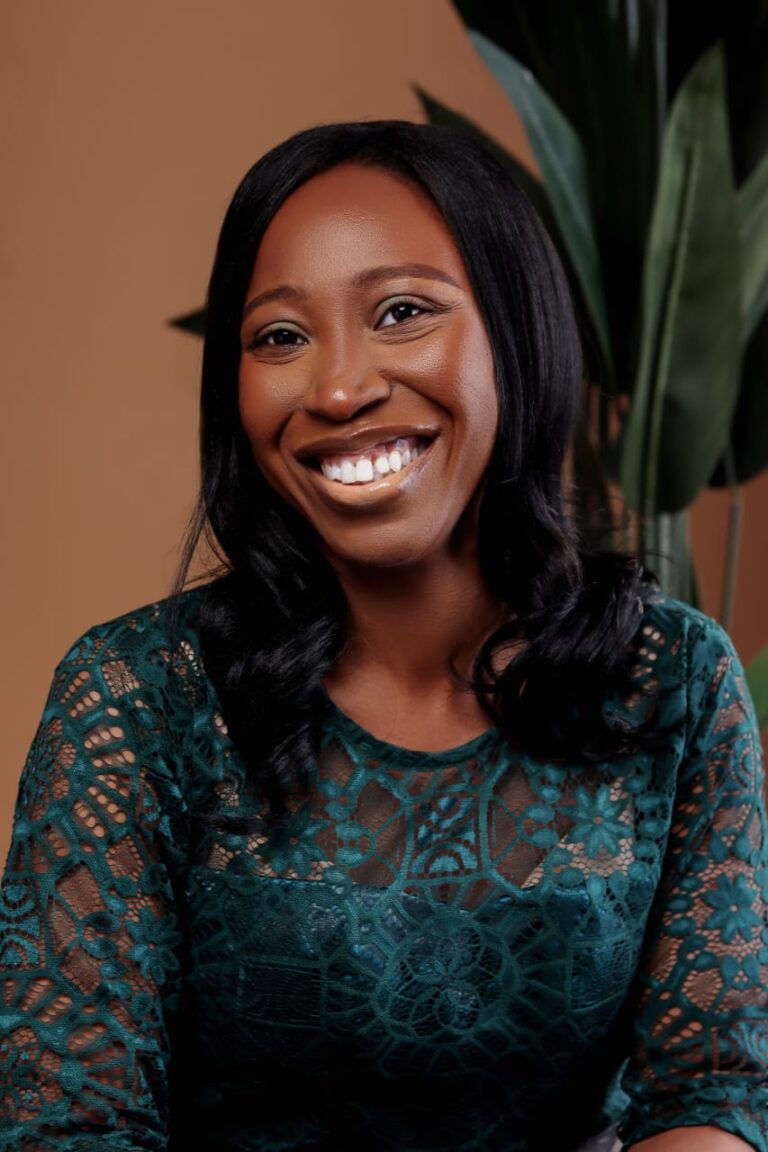“Mummy Mo!” is what some friends and people in my community call me. In Nigeria and (I assume) in other places in Africa too, there is a tendency for people to venerate you. I didn’t want to become a “Mother Theresa” or a “Mommy G.O” or someone who had all that authority, I wanted my community to see me as equal, to check everything I said, but the name just stuck. With the people in my community, we had to declare that “Mommy Mo!” was just a moniker, nothing more.
I’ve worked with a thriving group of singles and couples in an online community for the last six years; we discuss issues around relationships, marriage, and everything else in between. Looking back now, it’s not a surprise that this is what I do today.
The experiences I had in my childhood, and later on as a newlywed have nudged me to do what I now do.
Not typical of many Nigerian or African families, my parents allowed me and my siblings to grow up as individuals. My parents ran an open house; while I was dating my husband, he really could come into the house and my father would sit with him and talk. For context, this was not a common occurrence in many African and Nigerian homes at this time.
The constant question in my home growing up was “so how do you think we should do it?”. It helped that when my parents moved from Jos where they got married to Lagos, they were really just a nuclear family; no uncles or aunts, it was just them and the children.
My parents easily became the only models we could look up to.
I have memories of secondary school and the university, where we would sit around the dining table when it was time to go to school, and I and my siblings would present our budgets to my father. We would talk about how prices have gone up and how there is a need to increase our allowances. My father would listen to us intently, and after making our presentations, he would reply “you have made such good cases, but my salary has not gone up. So even though I understand all you have said, I am not sure I can give all you have asked for”.
I grew up to be somebody who could have a mind of her own, even in the presence of authority. My father did that for me, and one of the happiest moments in my own life is when I see my children as adults make decisions that make me really proud to see that they are wise and reasonable enough to make such good judgments. And I get a bit more excited when for instance my son comes back to me and says “you were right, everything you told me growing up, you were right!”. This is why in the community, I encourage parents to focus on building character in their children and using every opportunity that is provided to strengthen their decision-making muscles.
I have been married to my husband for 36years, and we have known each other for 42. We met during my youth service, and in a group that had 15-17 men, he was quick enough to be the first person to ask me out or “toast me”. He was much older than I was, and the tipping point for me deciding to marry him was that I was a young girl figuring out her way in life but he was already so sure of what his life was going to be, what he was going to do and then he told me the exact age he was going to get married. We were both from different ethnic groups but that wasn’t a problem for my parents because they were always more focused on the content of a person’s character, as opposed to where they came from. His parents on the other hand had some apprehension, and expectedly so because they had gone through a civil war. Their concern was “if our son got married to someone from another ethnic group, and there was a civil war again, what would happen to his family?”.

I always loved reading, and my mother had taught me that if you need to know anything, the best way to learn is to find somebody who can teach you. If you cannot find someone who can teach you, a book has probably already been written about it. I was always looking for books whenever I needed to figure out something, and even before getting married, I had read on the subject of marriage, coupled with the deep marriage counseling we had to go through.
My marriage, as a result, didn’t have many rough edges that most have and it was not because we were better people but because we were graced to have been prepared by people who made us know what to expect. There were however two areas where we had real issues; one was in the practice of religion, we were both Christians but we made an assumption of what that meant to us, and how to live it out. We also had issues around money, I grew up in a home where money was a family issue. The details of how it was worked out I didn’t know, but things got done and my parents did it together. So, when my husband asked me whether I wanted us to do money together or separately, I voted for doing money together. I didn’t know that I was totally clueless about managing money and when my husband said let’s do a budget, I could only remember a few things I saw my mother do. In living out the budget, I quickly ran out of money and when my husband would ask for the list of my expenses, I always felt he was accusing me of mismanaging money. He had made a fundamental assumption that I understood the practice of family finance the way he knew it. The issues we had were basically a clash of paradigms and understanding this with time, made them easy to handle.
Before starting a career in the family life space, I had two degrees in Chemical Engineering; one of those is a first-class honors degree and I worked in a government office. After some time, for the very first time people were retrenched in my office. Although I wasn’t retrenched, this came as a shock to me and I remember sitting with my colleagues and asking them “if this were us, what would we do?”. None of them had a response to that question. We also witnessed another person who had worked 35 years and knew the day they were going to retire but when that day came, they also weren’t ready to leave. Still, my friends had no answer as to why that was. So, on that day I wrote down in my journal, “in 5 years’ time, I am going to retire”.
I needed something to spur me to begin to think about what I would do if I didn’t have this job. 5 years down the line, my organization offered that anyone who wanted an early retirement could retire, and would be entitled to a pension. I had still not answered the question of what I would do if I didn’t have this job, but I went ahead and retired early.
Even though I didn’t have anything prior to making this decision and with the benefit of hindsight maybe I shouldn’t have retired, I knew I had a husband that was going to take care of me. The experience made me realize I had not been intentional about my life, but seeing I had no safety net of employment anymore after having worked for 17years, I began to examine my options and think of other things to do.
I lived in Enugu at this time, but I started a bookstore there and ran it for 13 years after leaving my employment. For ten of those years, I traveled from Lagos to Enugu monthly to supervise the operations of the bookstore. I had to move the bookstore online and closed the physical store because I knew that I didn’t want to do all that traveling anymore. I decided to use the money I had left for some online advertising and I asked my son for his advice. He told me that instead of paying someone to advertise for you, only you know what is in your mind to say. I was not sure of what to do, so I went on google in the course of my search, somebody was offering a three months online coaching program for people who wanted to start their own online coaching program so I signed up for it, not knowing what to expect.
This was a turning point for me, and it gave birth to the Right Fit Marriage Academy.
Before this time, I had never heard of a vision board but during the program, I came up with my own vision board after going through all the processes in the program and it led me to start a Relationship School which is the academy.
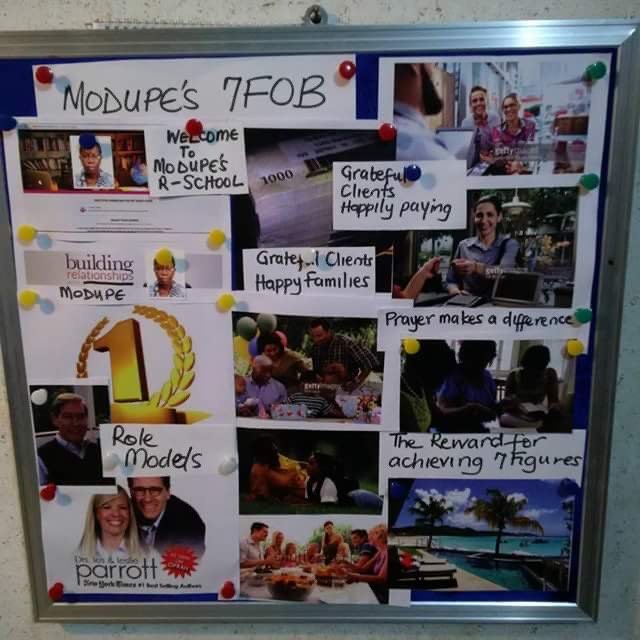
I had been volunteering to do premarital counseling in my church, and I was alarmed at the dysfunction a lot of the intending couples had in their growing-up years and how it was going to impact them. It was a tough task adjusting these things in a few weeks leading to the onset of their marriage but we were doing our best. I began to think of what more to do to help and so instead of just creating a course to address these issues, I looked up how football academies were structured in honing skills and also impacting knowledge and so I decided to begin my own marriage academy.
The idea was to create a community that would be like a small village where conversations can go on about marriage in a non-threatening way, and opinions can be expressed without the feeling of judgment. It started as a group on Facebook and it was a safe place where people could acquire knowledge and learn to live in a community (although virtual) in a healthy way.

The wellbeing of any community depends on healthy relationships and the family is the seed of every community. We do need to help people understand what the family is and how it impacts the community, this is why I do what I do. If marriages are dysfunctional, the people hurt one another but also people who have no part in the marriage bear the consequences.
Parents who are unhappy result in children who are unhappy, unhappy people go to work and businesses suffer. The chain keeps going.
If I can help people have a positive perspective about marriage and family life, then I would have done the work that I want to do.
I am 63 years now, and the goal I have set for myself, which I ask God to help me with, is that in 2 years when I am 65, there should be people who can take the work over from me. So, whether I am there or not, the work will continue to go on.
